19 Foods That Are Surprisingly High in Protein
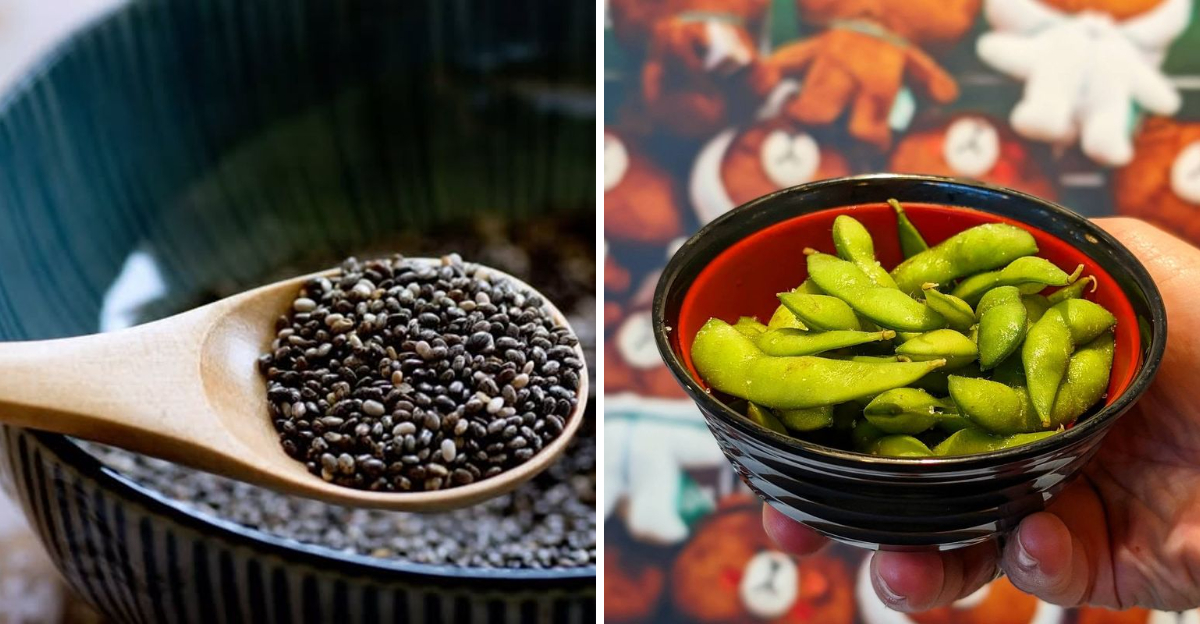
When people think of protein-rich foods, they often imagine meat, fish, or eggs. However, the world of nutrition is full of surprises, and many foods pack a protein punch you might not expect. This guide reveals 19 unsuspecting sources of protein that can enhance your diet, offering variety and nutrition beyond the usual suspects. From seeds and greens to grains and beans, these foods are versatile and easy to incorporate into daily meals, helping you meet your protein needs in an exciting, delicious way.
1. Pumpkin Seeds
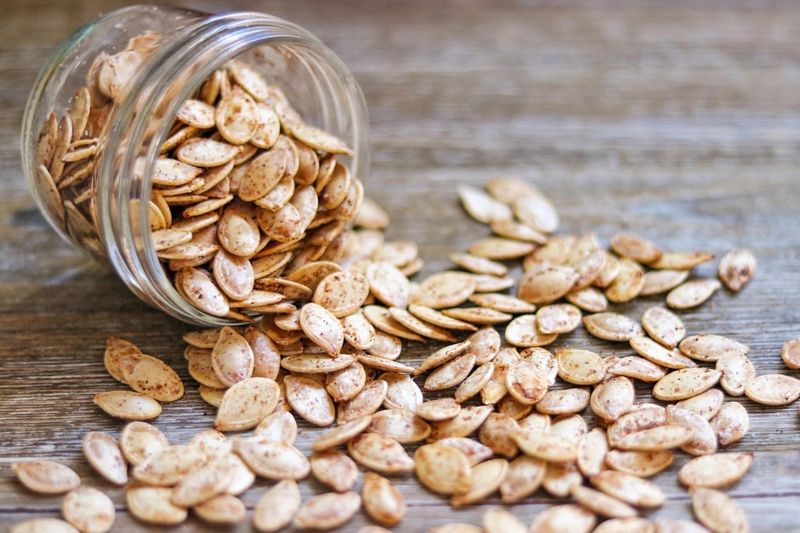
Pumpkin seeds may be small, but they are mighty in protein content. Each ounce delivers about 7 grams of protein. Enjoy them roasted with a sprinkle of salt or add them to salads for a tasty crunch. Known for more than just protein, these seeds also offer magnesium, iron, and zinc.
Try incorporating pumpkin seeds into your breakfast by adding them to oatmeal or yogurt. Their nutty flavor complements both sweet and savory dishes. Portable and non-perishable, they make an ideal snack for busy people on the go.
2. Greek Yogurt
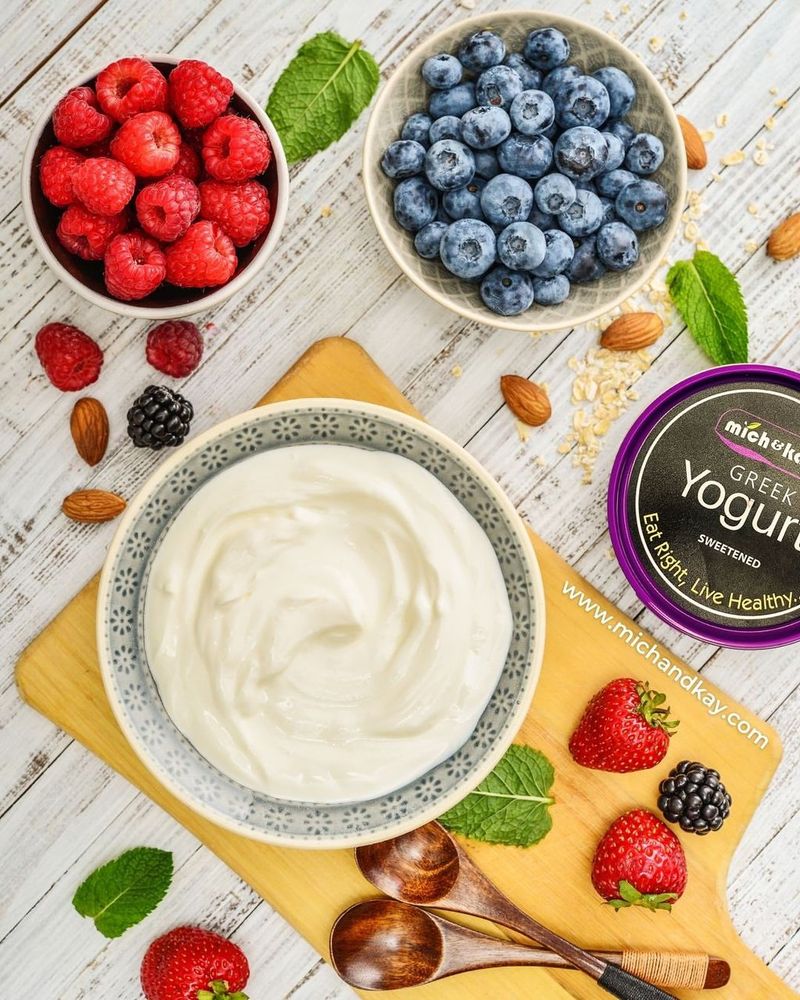
Greek yogurt is a superb source of protein, boasting about 10 grams per 100 grams. Its thick, creamy texture makes it a satisfying snack or meal addition. Not only is it rich in protein, but it also provides probiotics that are beneficial for gut health.
Pair Greek yogurt with fruits like berries or bananas, or use it as a base for smoothies. It’s a versatile ingredient that can replace sour cream in savory dishes.
Whether for breakfast or a midday snack, Greek yogurt supports a protein-rich diet effortlessly.
3. Quinoa
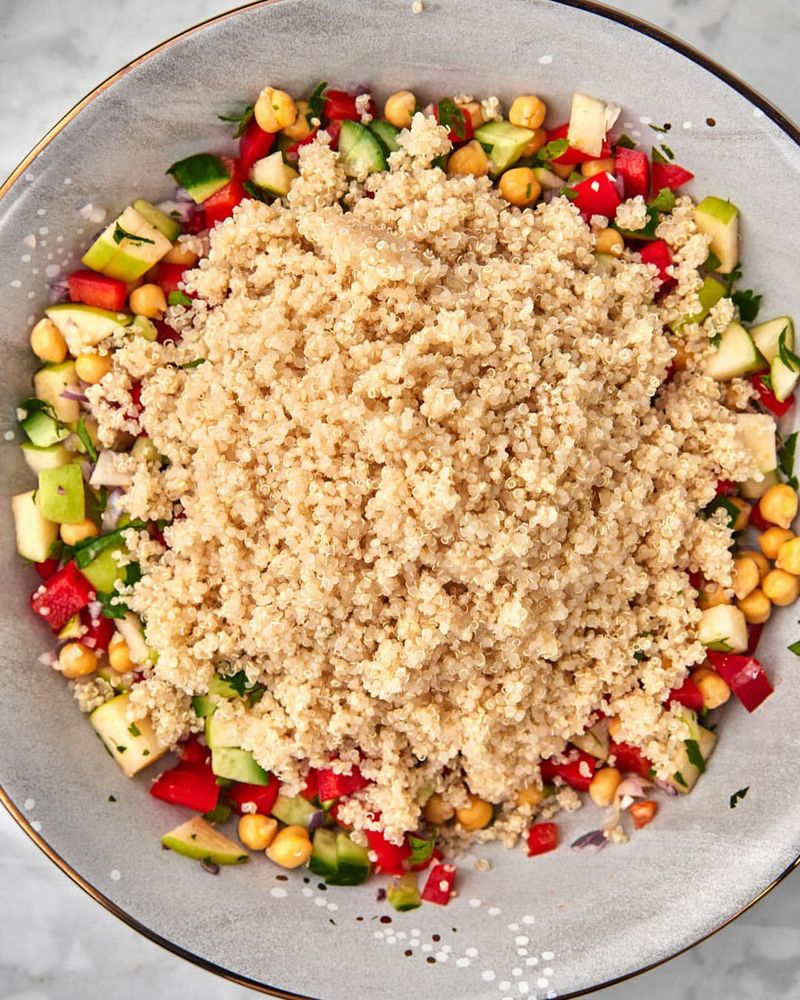
Quinoa is a complete protein source, offering around 8 grams per cup. This ancient grain is not only protein-rich but also gluten-free, making it a popular choice for those with dietary restrictions. Its fluffy texture and subtle nutty flavor make it a versatile base for many meals.
Try using quinoa in salads, stir-fries, or as a substitute for rice or pasta. Rich in fiber and essential amino acids, quinoa contributes to a balanced diet with ease. As a pantry staple, it’s quick to cook and complements both sweet and savory dishes.
4. Chia Seeds
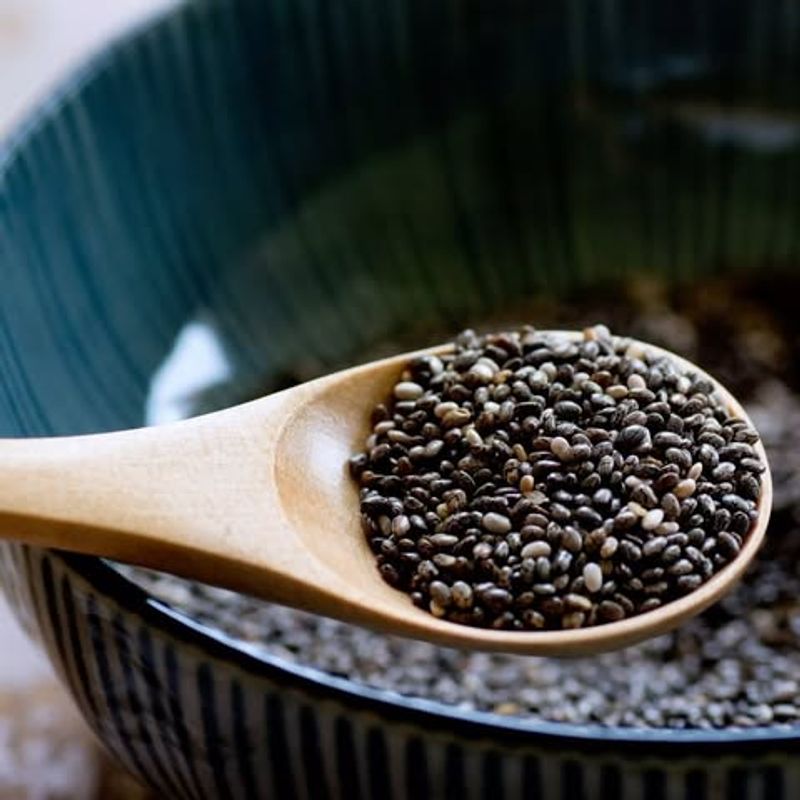
Chia seeds are a powerhouse of nutrition, offering about 4 grams of protein per ounce. Despite their tiny size, they expand and form a gel-like consistency when soaked. This quality makes them perfect for creating overnight puddings or thickening smoothies.
Rich in omega-3 fatty acids and fiber, chia seeds support heart and digestive health. Sprinkle them on salads, yogurt, or blend into drinks. Their mild flavor allows them to blend seamlessly into various dishes, making it easy to boost protein intake.
A daily tablespoon can enhance your meal’s nutritional profile.
5. Spinach
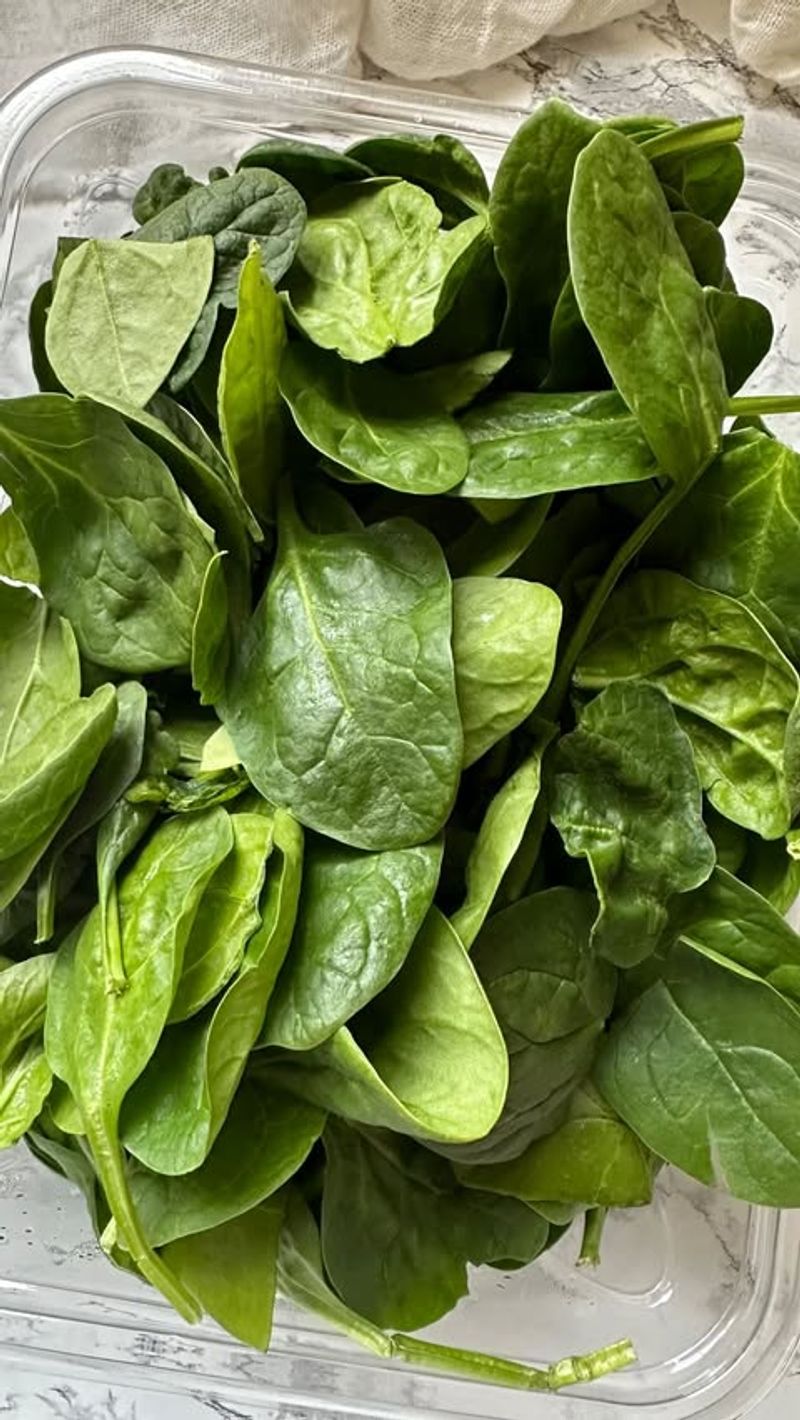
Spinach may not be the first food you think of for protein, but this leafy green contains about 5 grams per cooked cup. Packed with vitamins A and C, iron, and calcium, spinach is a nutritional powerhouse. Incorporate it into omelets, smoothies, or salads for a protein boost.
Spinach is versatile and cooks quickly, making it a convenient addition to any meal. It enhances the flavor and nutritional content of soups, stews, and casseroles.
Whether raw or cooked, spinach is an easy way to add more protein and nutrients to your diet.
6. Lentils
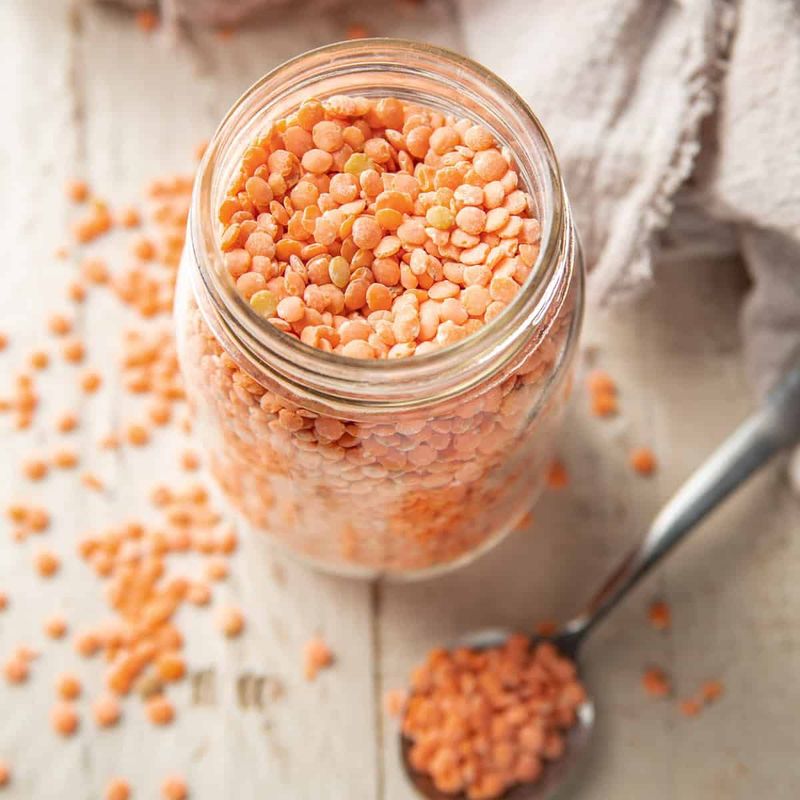
Lentils are a staple in many cuisines and for good reason. They offer about 18 grams of protein per cooked cup. These legumes are not only rich in protein but also in iron and fiber, supporting overall health and well-being.
Cooked lentils can be used in soups, stews, salads, or even as a filling for wraps. They absorb flavors well, making them a versatile ingredient in various dishes.
Affordable and easy to prepare, lentils are a great plant-based protein source to keep in your pantry.
7. Cottage Cheese
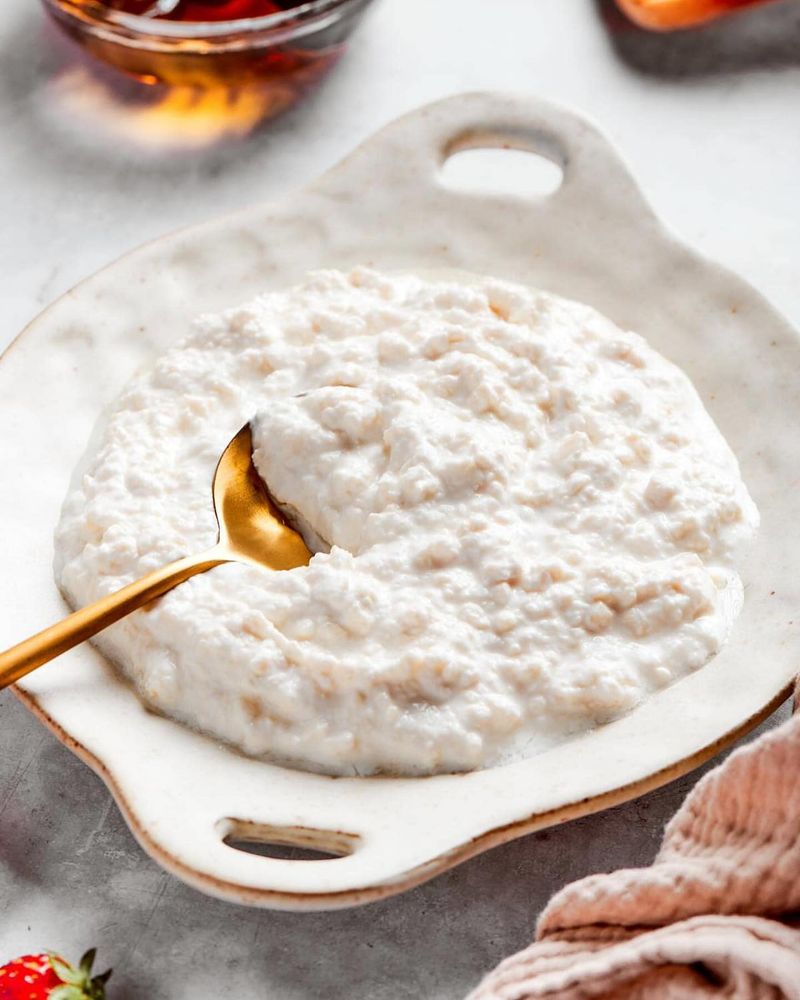
Cottage cheese is a protein-rich dairy product, providing about 28 grams of protein per cup. It’s low in fat and can be a versatile ingredient or standalone snack. Pair it with fruits like berries or peaches for a refreshing treat.
Cottage cheese is also an excellent base for savory dishes, adding creaminess and protein to meals. Use it in lasagnas, dips, or spread it on toast.
With its high protein content and versatility, cottage cheese is a valuable addition to a protein-focused diet.
8. Hemp Seeds
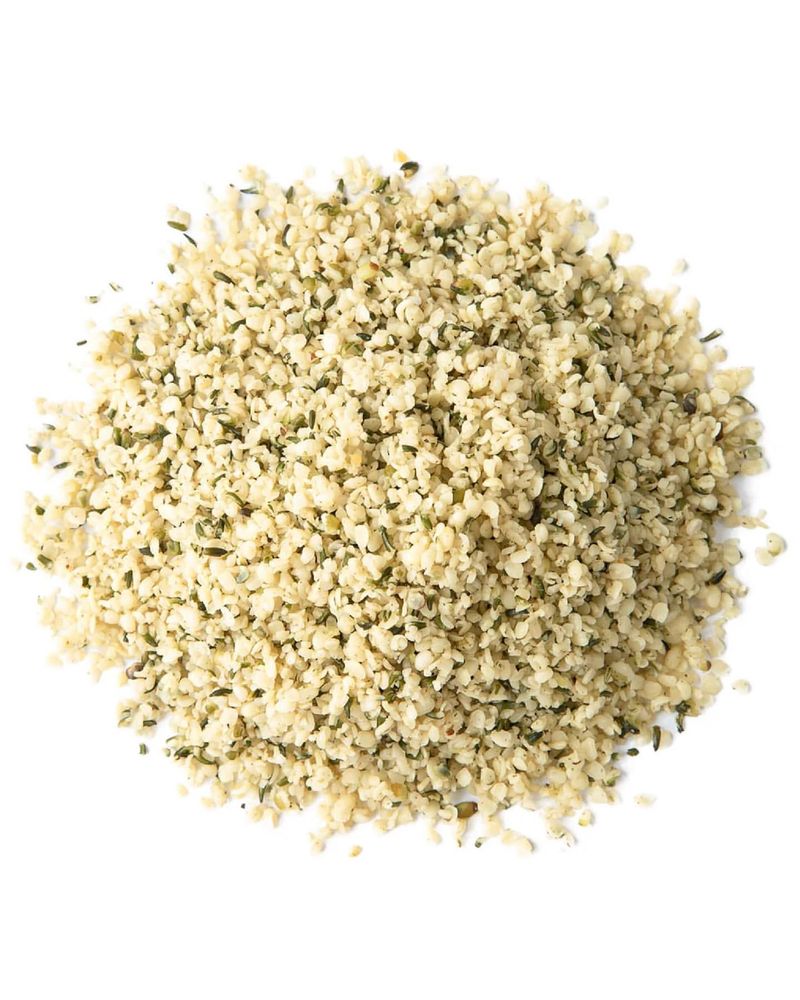
Hemp seeds are a complete protein source, offering approximately 10 grams of protein per 3 tablespoons. These nutty-flavored seeds are rich in omega-3 and omega-6 fatty acids, making them heart-healthy too.
Sprinkle hemp seeds on salads, yogurt, or oatmeal, or blend them into protein shakes for an easy protein boost. They are quite versatile in both savory and sweet dishes.
With essential amino acids, hemp seeds are a nutritious addition to any diet, whether you’re vegan or just looking to add more plant-based protein.
9. Edamame
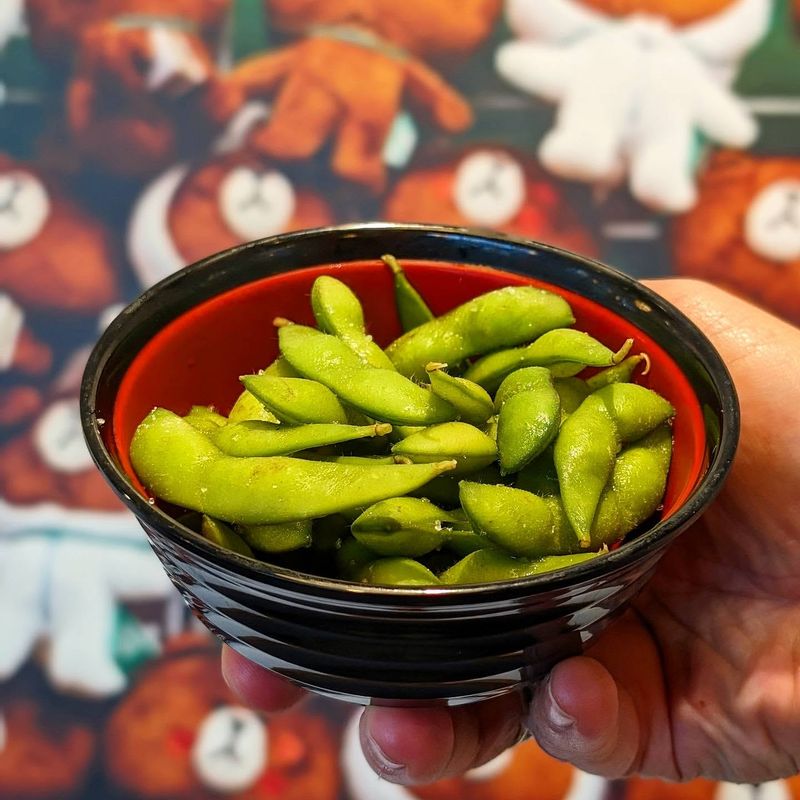
Edamame, or young soybeans, are a delicious and protein-packed snack, offering about 17 grams per cooked cup. Enjoy them boiled with a sprinkle of salt or add them to salads and stir-fries for extra protein.
Rich in fiber and essential vitamins, edamame is both nutritious and satisfying. Its mild flavor and soft texture make it a favorite in Asian cuisines.
Whether as a side dish or a snack on the go, edamame provides a healthful protein boost with minimal effort.
10. Almonds
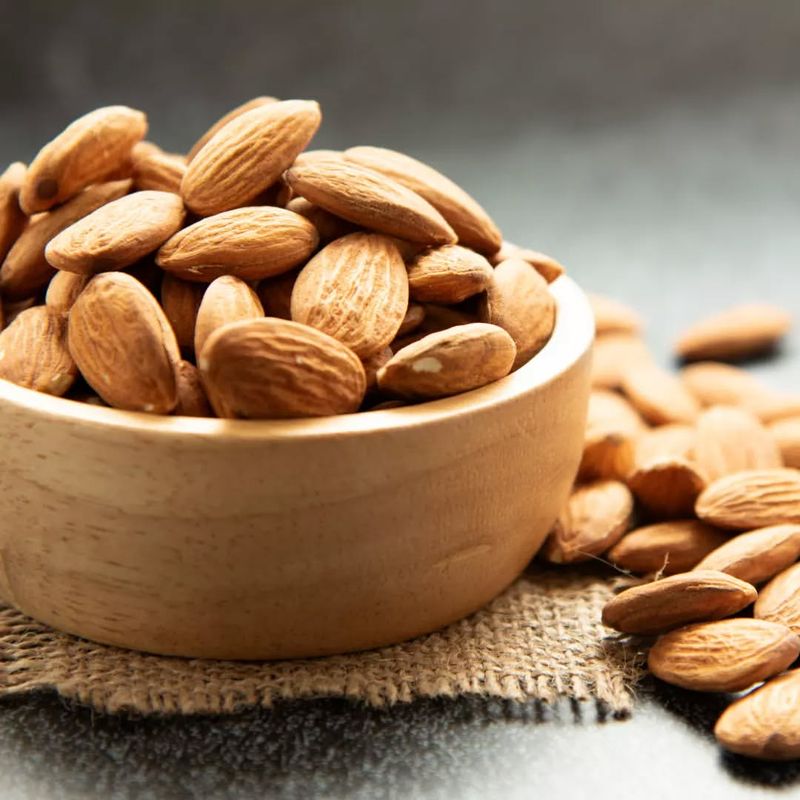
Almonds are not just a tasty snack but also a decent protein source, offering about 6 grams per ounce. These nuts are rich in healthy fats, fiber, and vitamin E, making them a nutritious addition to your diet.
Enjoy almonds as a standalone snack or incorporate them into dishes like salads, desserts, or granola bars. Their crunchy texture and nutty flavor enhance both sweet and savory recipes.
Whether whole, sliced, or ground into almond flour, almonds provide a versatile way to increase your protein intake.
11. Peas
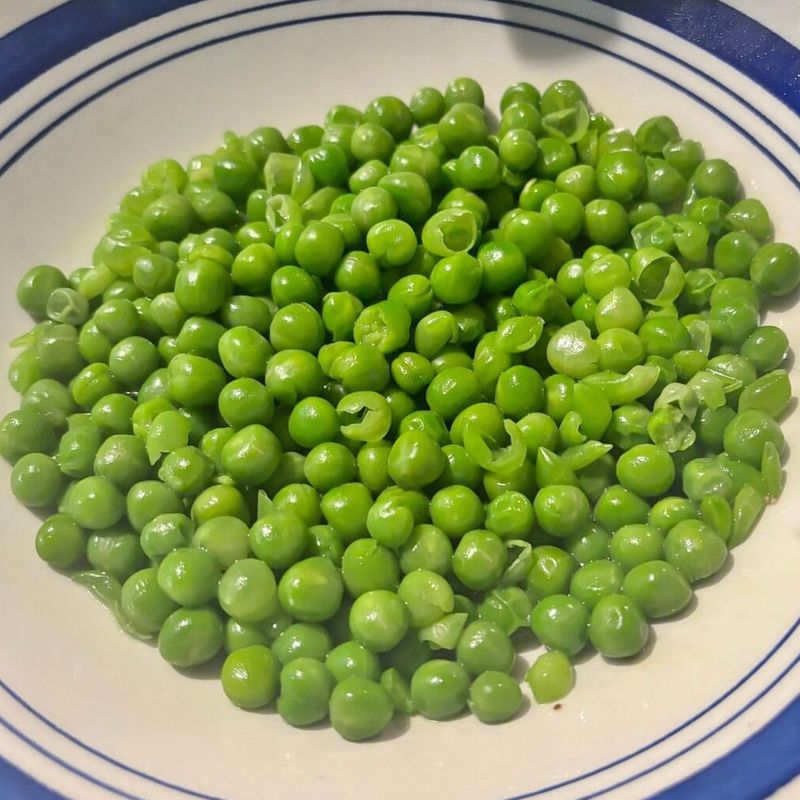
Peas are a surprising source of protein, providing about 9 grams per cooked cup. These vibrant green legumes are not only protein-rich but also packed with fiber, vitamins, and minerals.
Add peas to soups, stews, or blend them into dips for a nutritional boost. Their sweet flavor and tender texture complement a variety of dishes.
Whether fresh, frozen, or canned, peas are an easy and affordable way to add more protein to your meals.
12. Sunflower Seeds
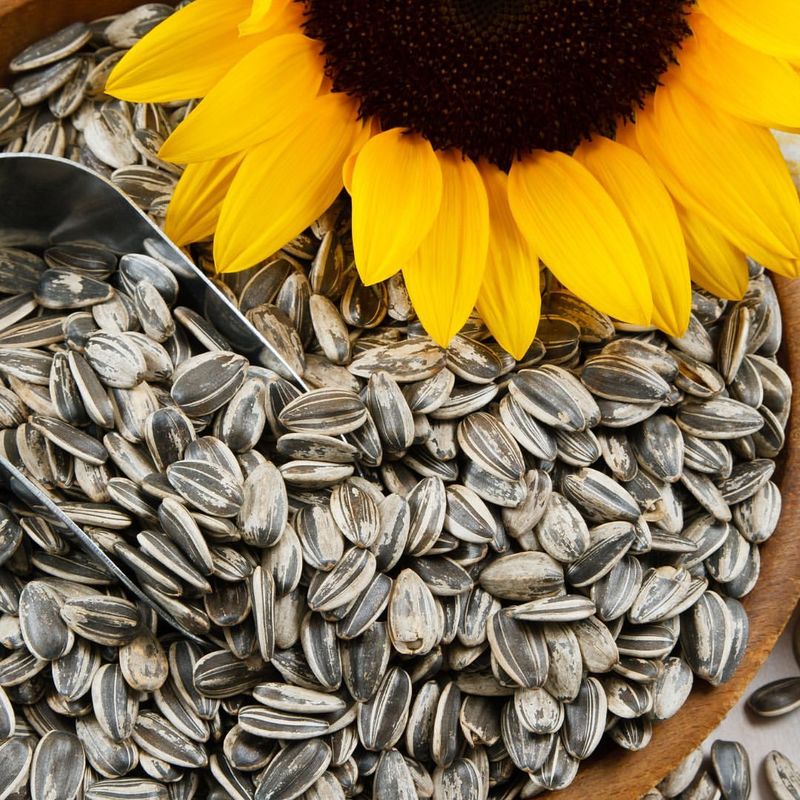
Sunflower seeds offer about 6 grams of protein per ounce, making them a crunchy and nutritious snack. Rich in healthy fats and vitamins, they support heart health and overall wellness.
Enjoy sunflower seeds on their own, or sprinkle them over salads and yogurt for added texture and flavor. Their nutty taste enhances both savory and sweet dishes.
Whether roasted or raw, sunflower seeds are a convenient way to boost your protein intake throughout the day.
13. Broccoli
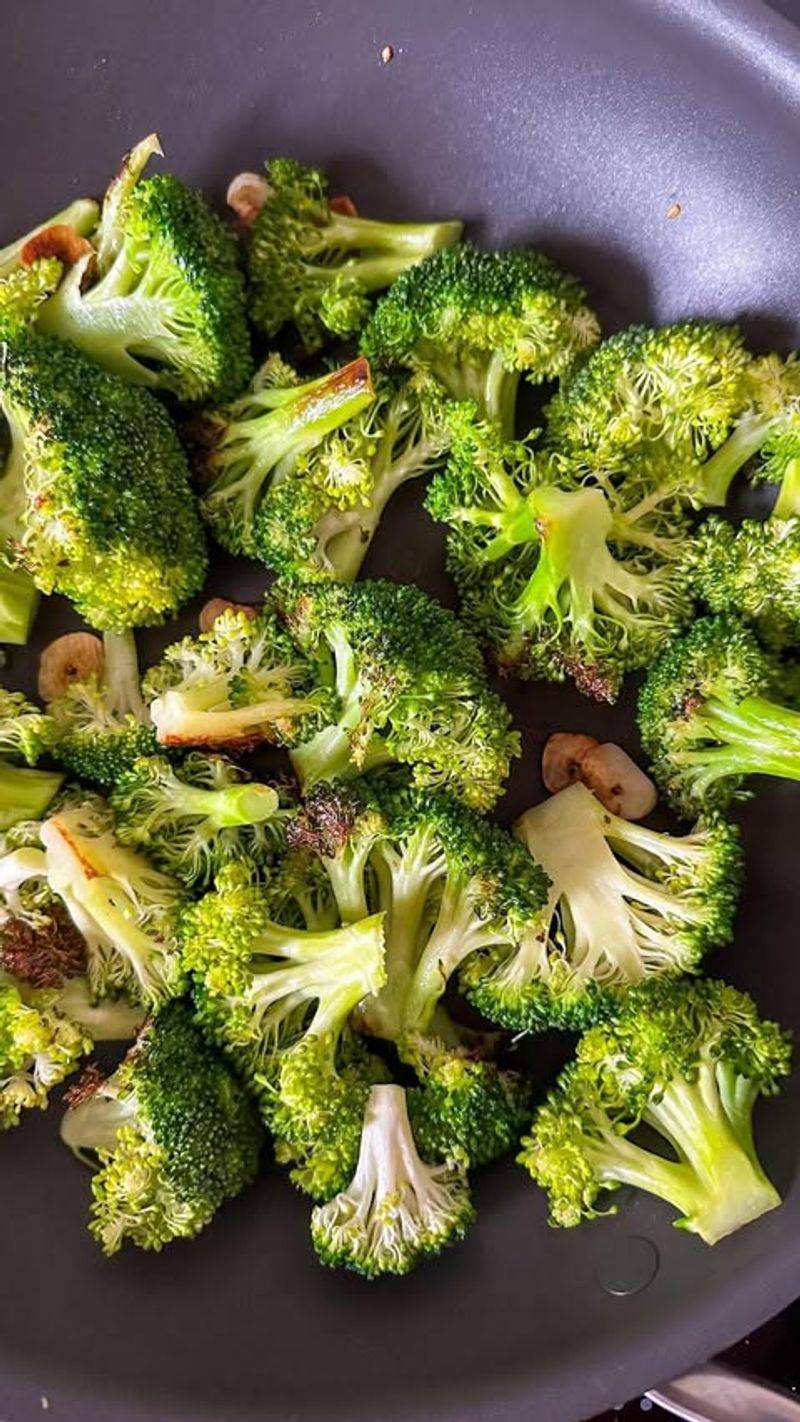
Broccoli is a protein-packed vegetable, providing about 4 grams per cooked cup. Known for its health benefits, it is rich in vitamins C and K, as well as fiber and folate.
Add broccoli to casseroles, stir-fries, or enjoy it steamed as a side dish. Its slightly bitter taste pairs well with a variety of flavors.
Versatile and nutritious, broccoli is an excellent way to add more protein and nutrients to your daily meals.
14. Amaranth
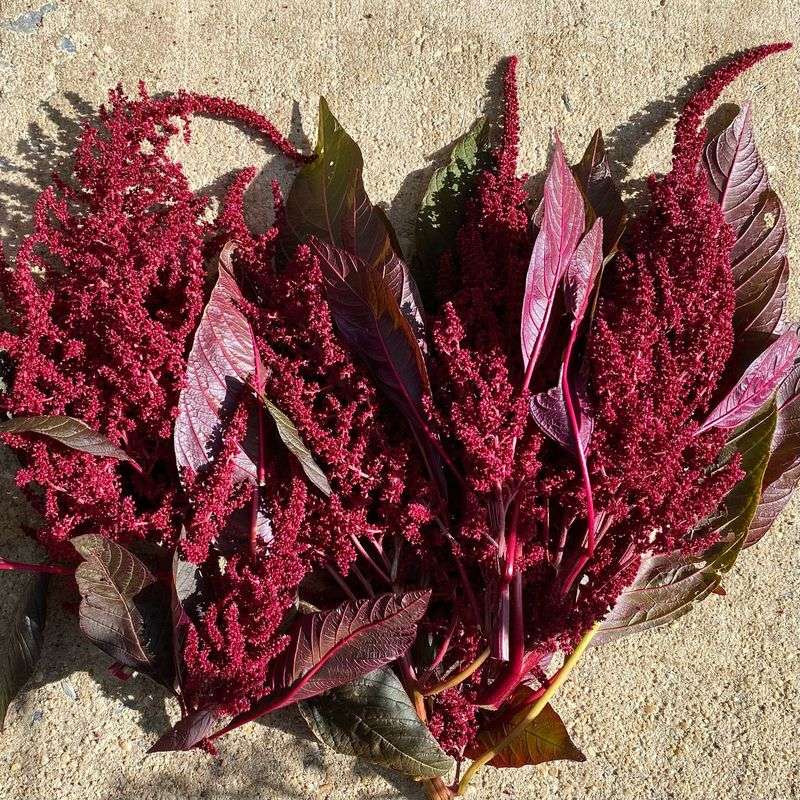
Amaranth is an ancient grain that provides about 9 grams of protein per cooked cup. This gluten-free grain is not only rich in protein but also in fiber and essential minerals like magnesium.
Use amaranth as a base for breakfast porridge, salads, or even soups. Its slightly nutty flavor and chewy texture make it a versatile ingredient in both sweet and savory dishes.
Incorporating amaranth into your diet is an easy way to increase your protein intake and diversify your meals.
15. Chickpeas
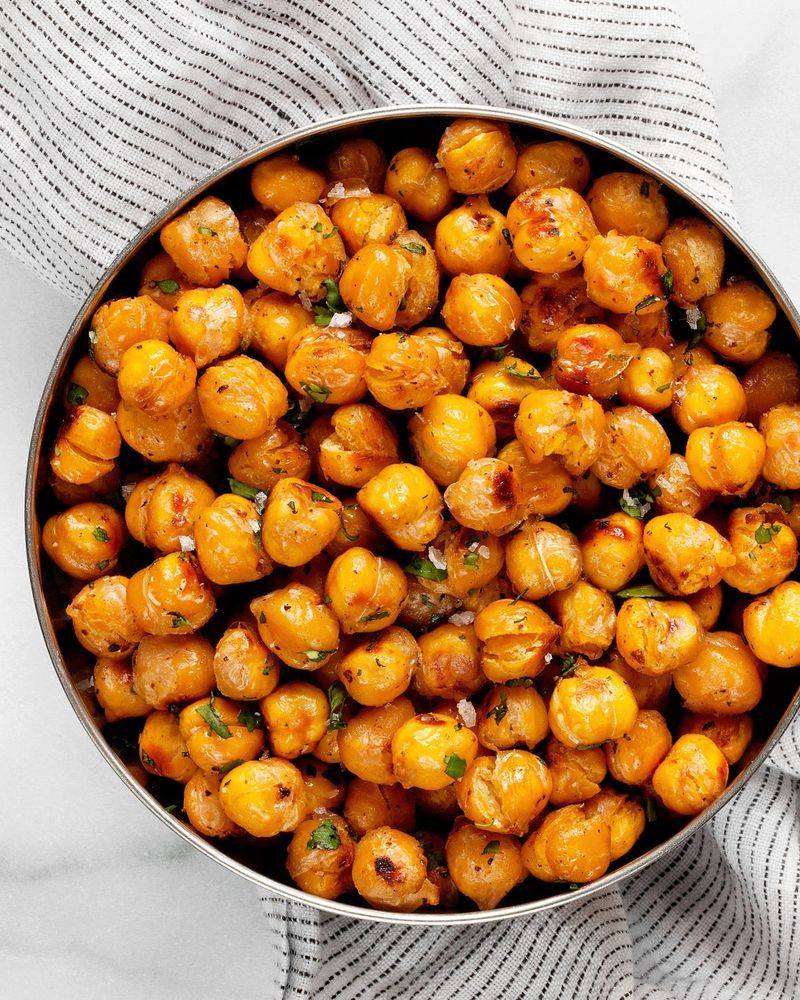
Chickpeas, also known as garbanzo beans, offer about 15 grams of protein per cooked cup. These legumes are not only protein-rich but also high in fiber, supporting digestive health.
Enjoy chickpeas in salads, soups, or grind them into hummus for a delicious dip. Their nutty flavor and creamy texture are versatile in various dishes.
Whether canned or dried, chickpeas are a pantry staple that provides a substantial protein boost.
16. Buckwheat
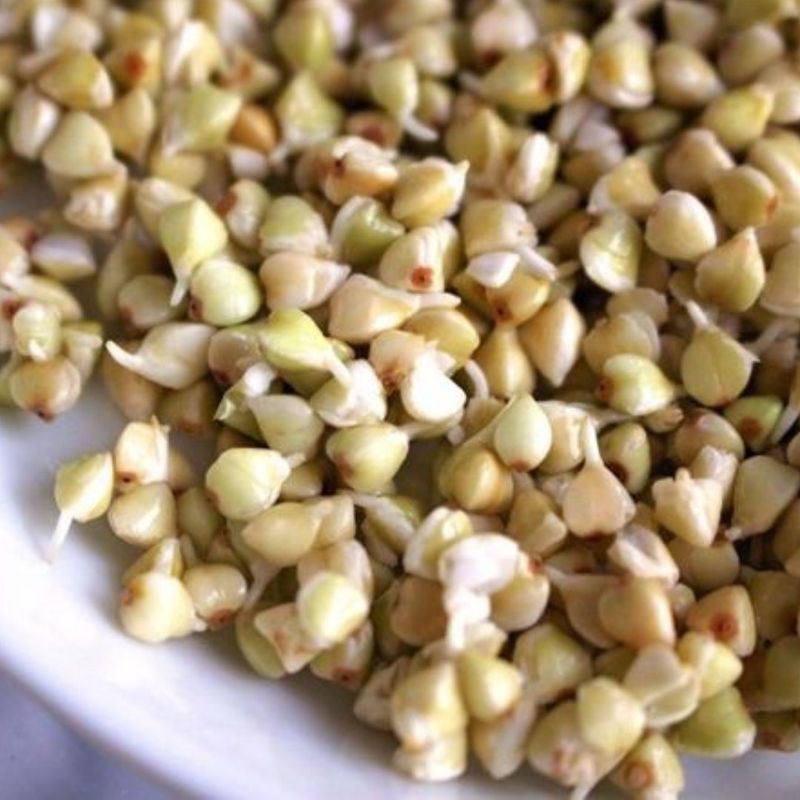
Buckwheat is a gluten-free grain that offers about 6 grams of protein per cooked cup. Despite its name, it is not related to wheat and is suitable for gluten-sensitive individuals.
Incorporate buckwheat into your diet through porridge, salads, or gluten-free pancakes. Its earthy flavor complements both sweet and savory dishes.
With its high protein content and adaptability, buckwheat is a valuable addition to a balanced diet.
17. Avocado
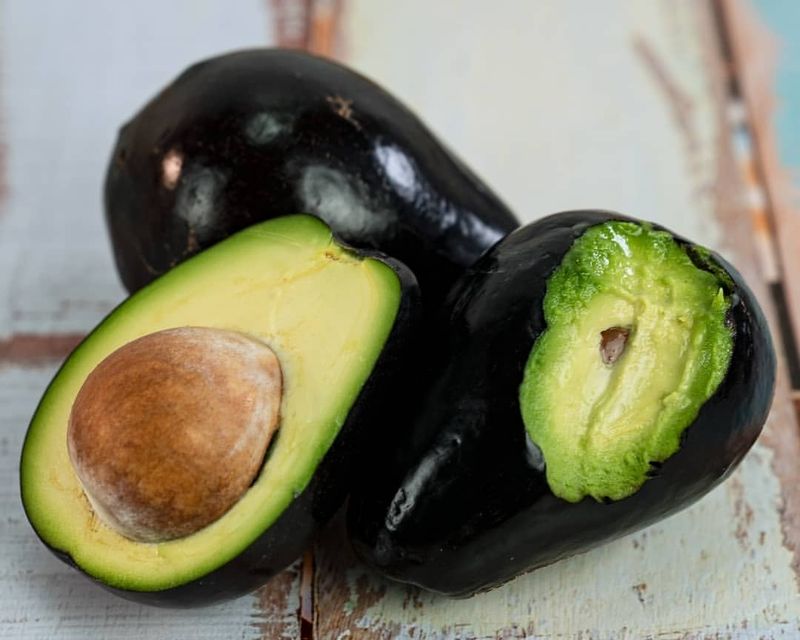
Avocado is not just about healthy fats; it also contains about 3 grams of protein per cup. This creamy fruit is a staple in many diets, prized for its versatility and nutritional benefits.
Add avocado to salads, sandwiches, or blend it into smoothies. Its rich texture enhances the flavor and nutritional content of various dishes.
Incorporating avocado into your meals provides a modest protein boost alongside healthy fats and vitamins.
18. Cashews
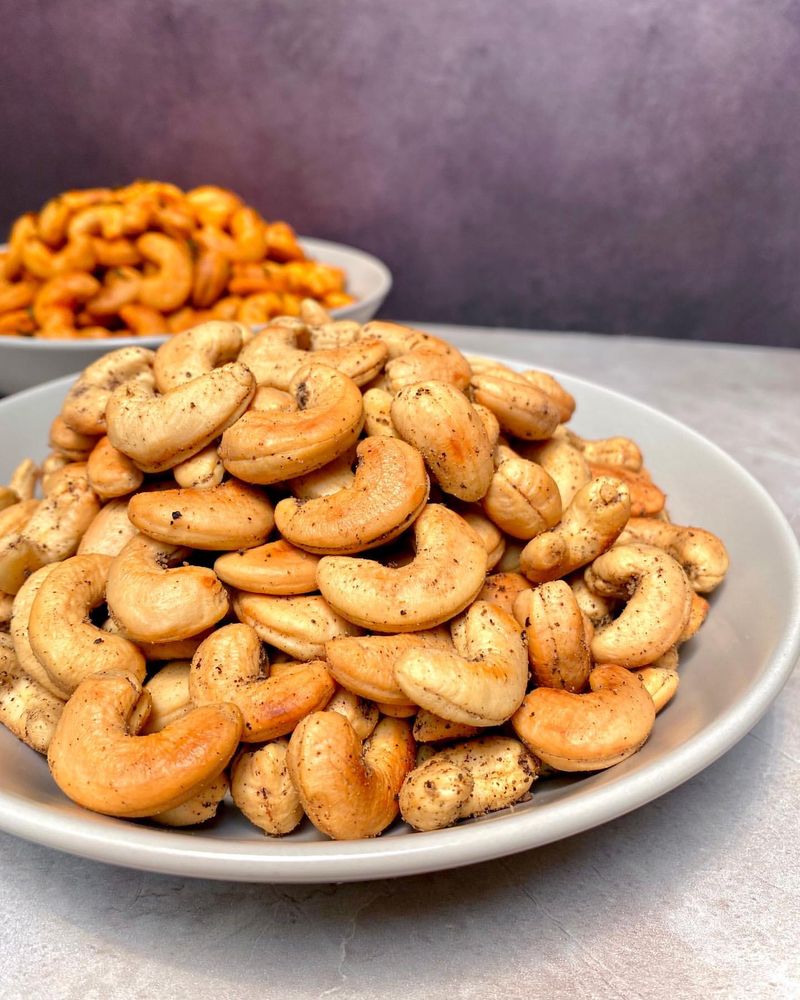
Cashews offer about 5 grams of protein per ounce. These creamy, kidney-shaped nuts are not only rich in protein but also in healthy fats and essential minerals like magnesium.
Enjoy cashews as a snack, or use them in cooking and baking. They blend well into creamy sauces or desserts, adding flavor and nutrients.
Whether eaten raw, roasted, or pureed, cashews provide a delicious way to increase your protein intake.
19. Tofu
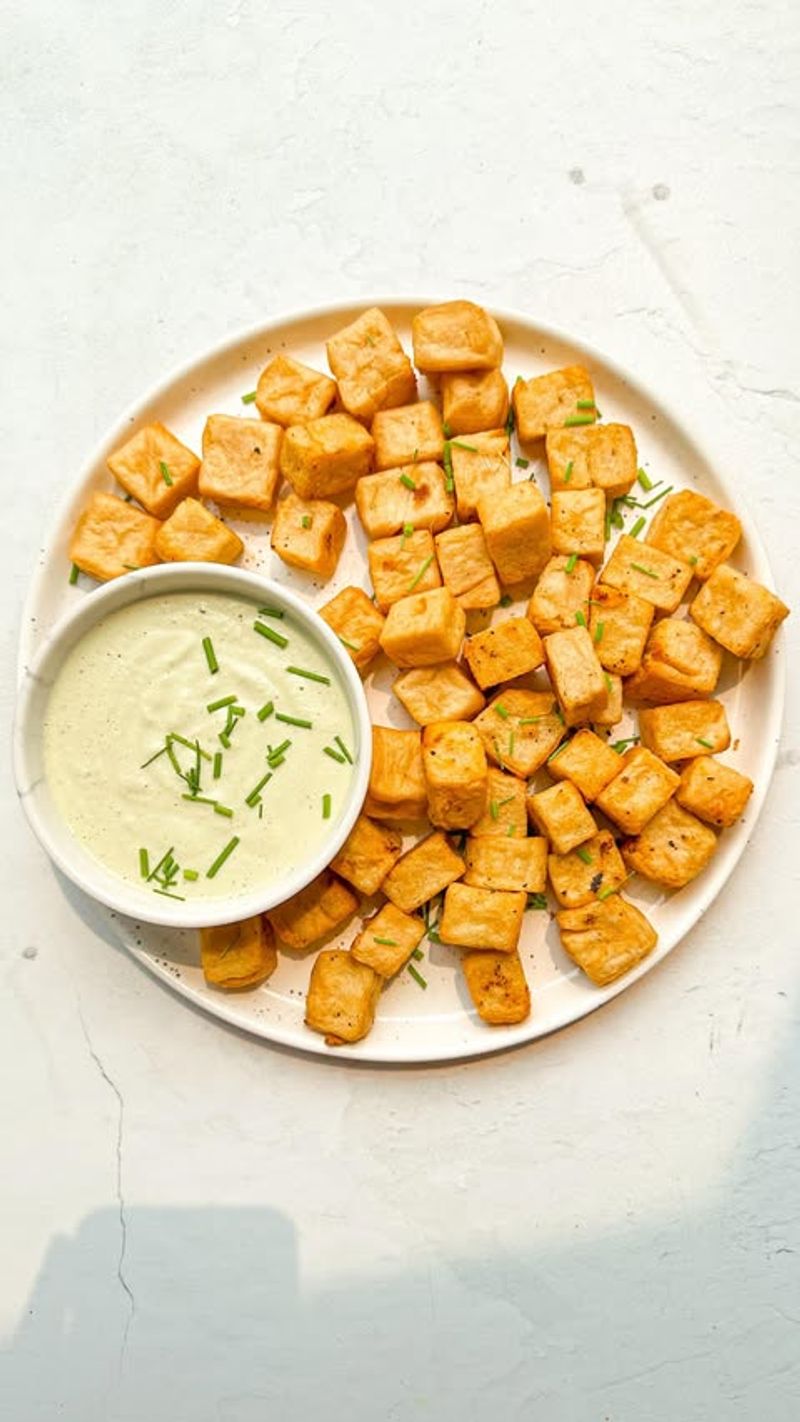
Tofu, made from soybeans, is a versatile protein source, offering about 10 grams per half-cup. It’s a staple in vegetarian and vegan diets, providing a complete protein profile.
Cook tofu by grilling, baking, or stir-frying to suit various dishes. Its neutral flavor allows it to absorb the spices and sauces it’s cooked with.
Incorporating tofu into meals is an excellent way to enjoy a protein-rich, plant-based diet.
